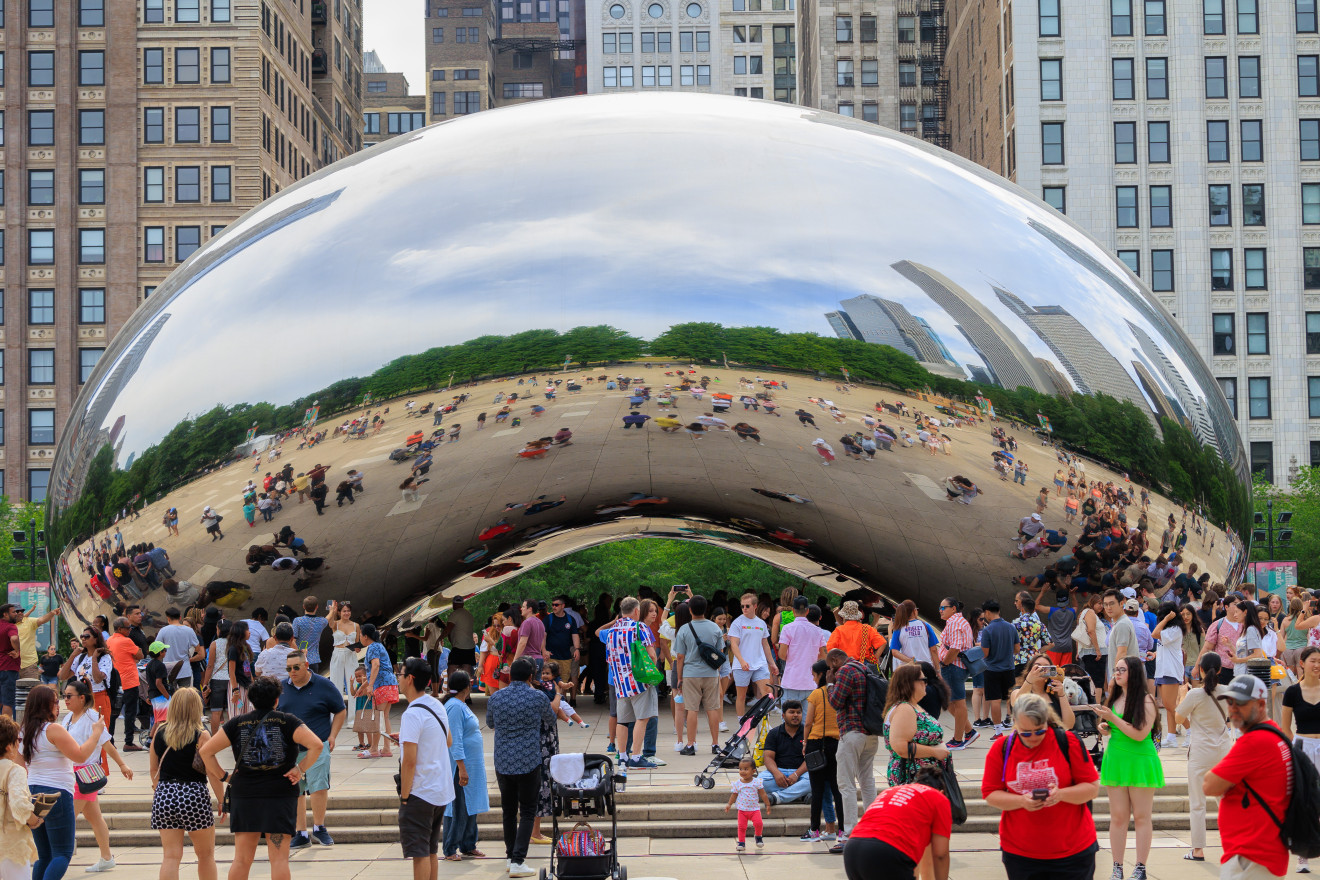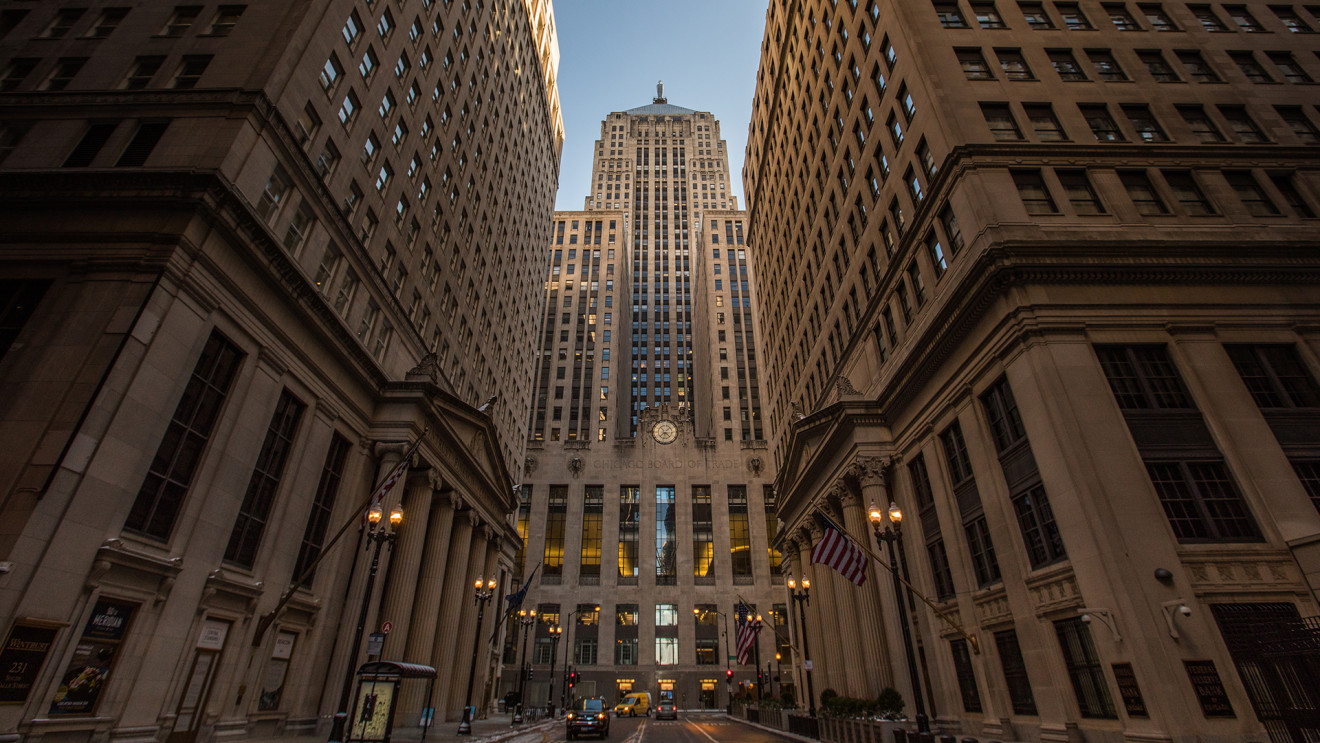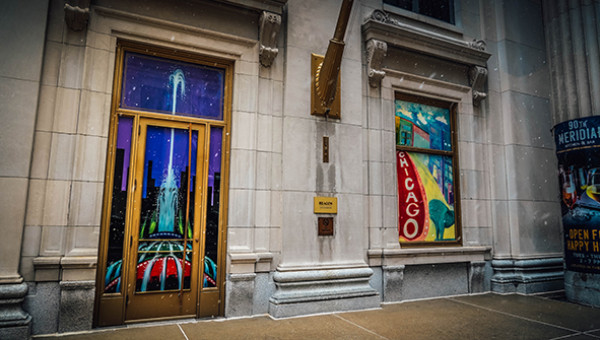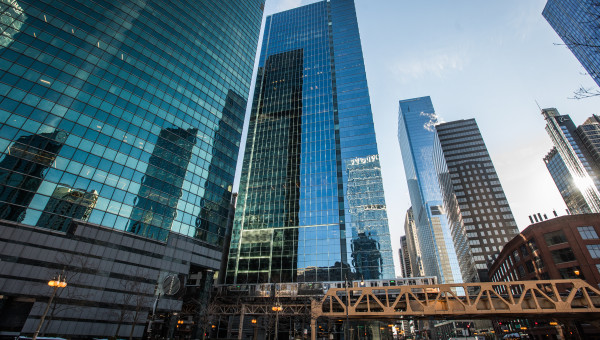Posted 3 years ago in Trending
1 MIN READ -- Chicago Loop Alliance (CLA) released an in-depth Loop residential impact study. The roughly 60-page report details residents’ economic importance and their demography, Loop housing supply, Loop housing affordability and five-year housing projections. To create the report, CLA conducted a survey of Loop residents in July 2022, and contracted research firm Goodman Williams Group to analyze and predict the current and future landscape of residential living in the Chicago Loop. View the full Loop residential impact study here.
“As part of Chicago Loop Alliance’s work in analyzing and predicting various sectors’ impact on the Loop, the recent residential impact study recognizes the significant contributions of Loop residents to our economy,” said Michael Edwards, President and CEO of Chicago Loop Alliance. “The Loop continues to be the city’s fastest growing neighborhood, and the fastest growing residential downtown in the country, yet the Loop remains in need of amenities to attract and retain residents. We hope the evidence and narrative of this study provides context for how we can all work together to make Chicago’s Loop more beneficial for workers, tourists, and residents.”

Report highlights include:
- The Loop as the fastest growing downtown in the United States and fastest growing neighborhood in Chicago
- The Loop population continued to grow throughout the pandemic with an estimated total population of 46,000 in 2022 (a gain of more than 4,000 residents since the 2020 census)
- $481 million in annual economic impact on Loop businesses by residents with an additional $940 million per year in retail gap for retail and service options in the Loop
- An average of $18,000 spent in the Loop per Loop household annually
“The Chicago Loop Alliance study clearly reveals the importance of residents to the economic health of the Loop,” said Michael Mini, Executive Vice President of Chicagoland Apartment Association. “The millions of dollars in disposable income are a key driver of the Loop economy, supporting retail, food and beverage, arts and culture, and visitor attractions. The current residential economy is vital to the success of the Loop, but the study reveals there continues to be more opportunity for new businesses to take advantage of nurturing and maintaining residential spending within the Loop.”




